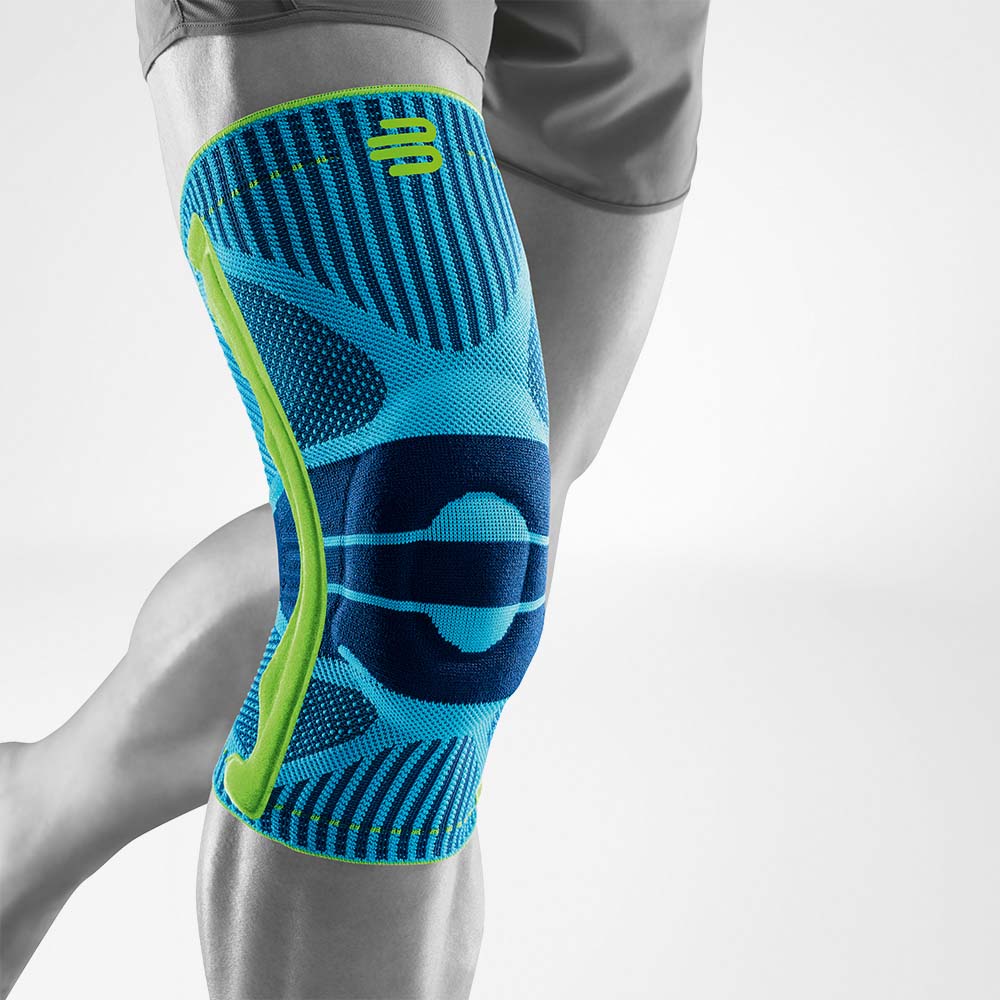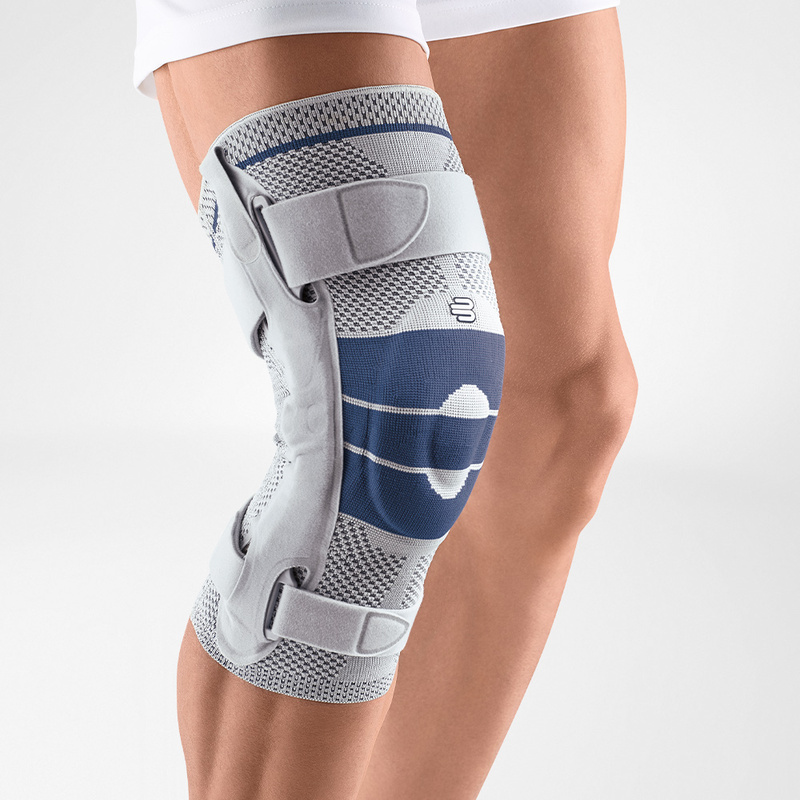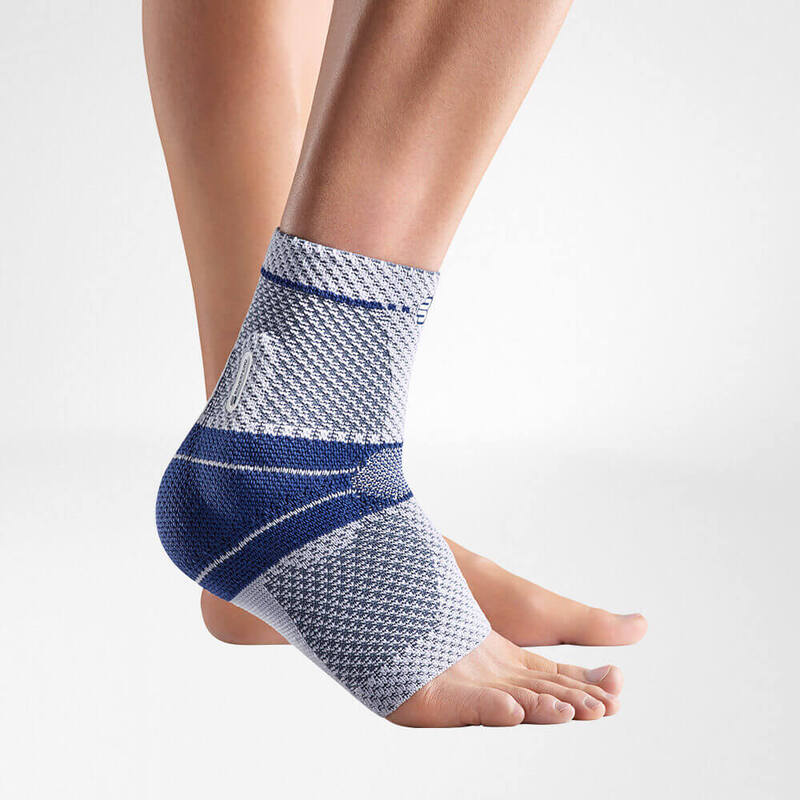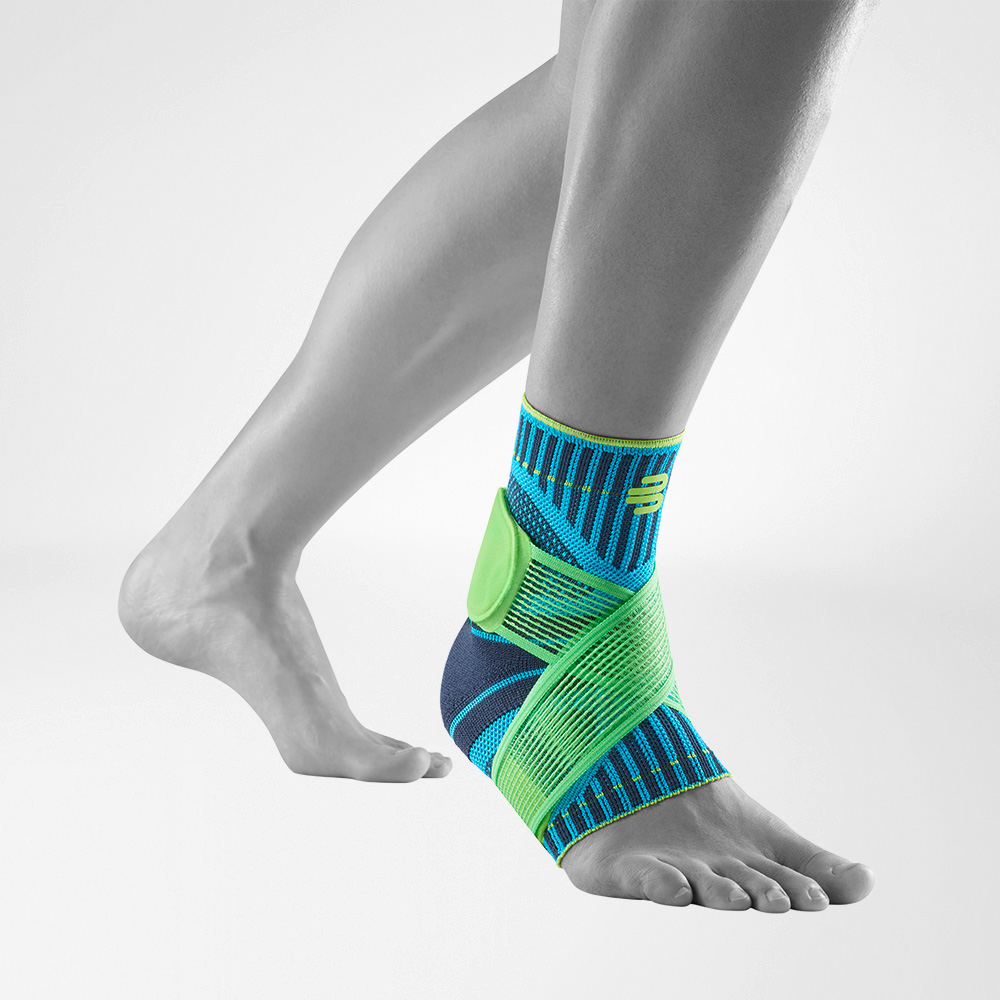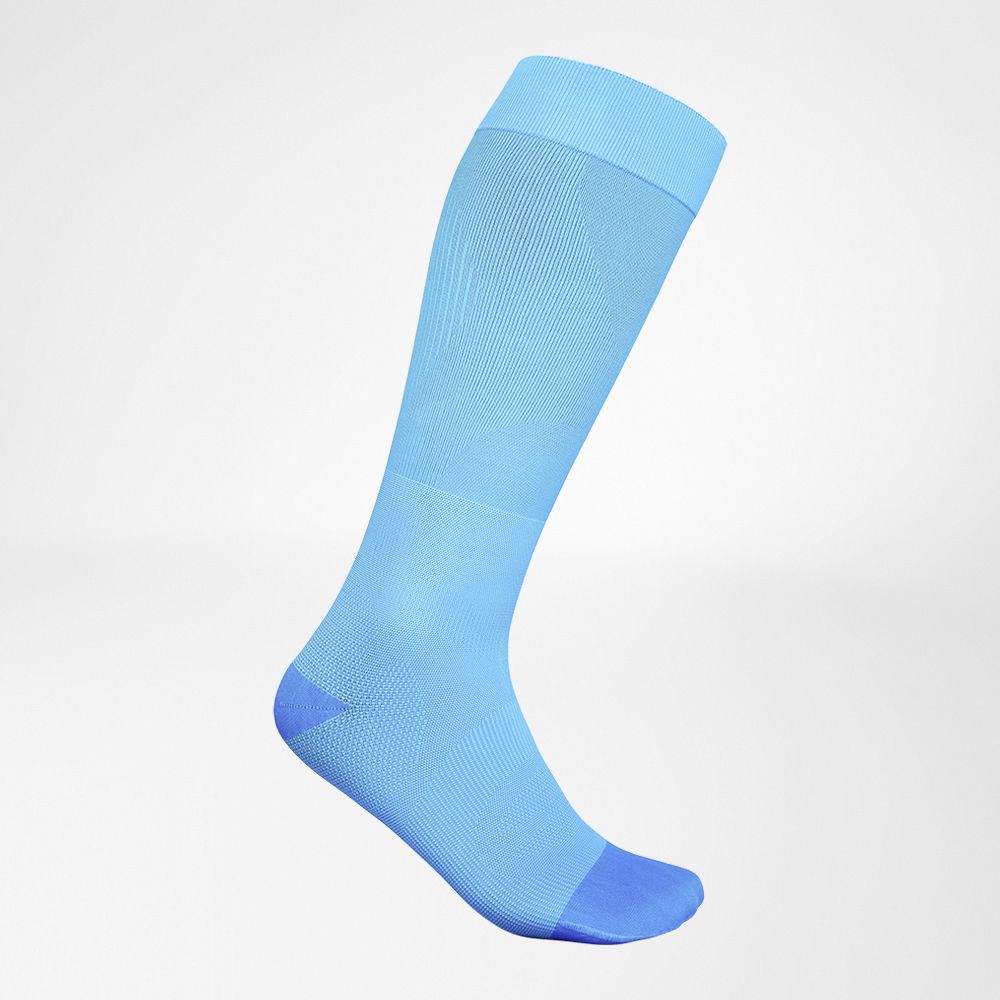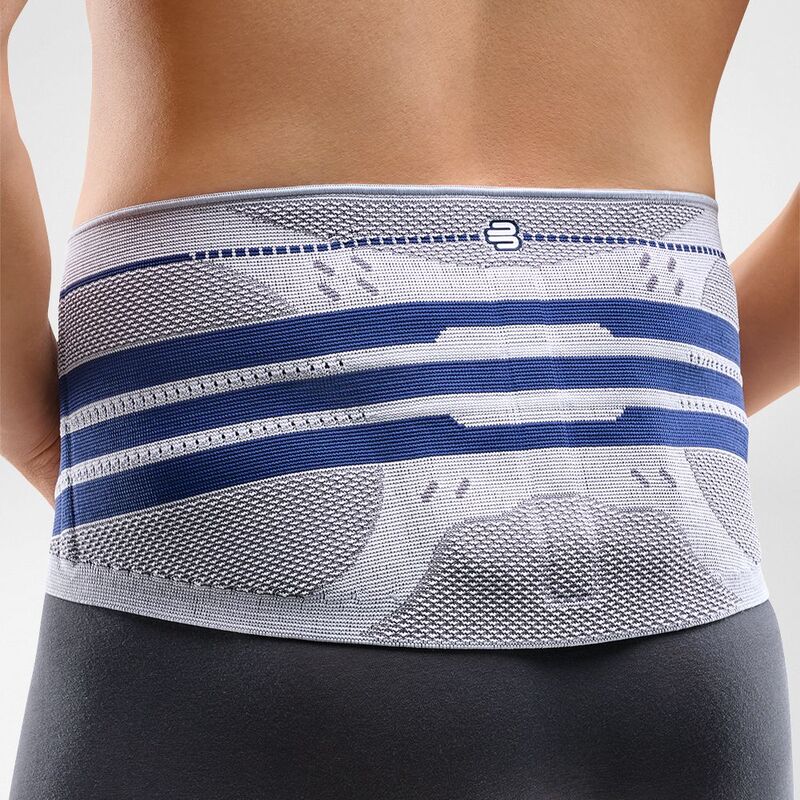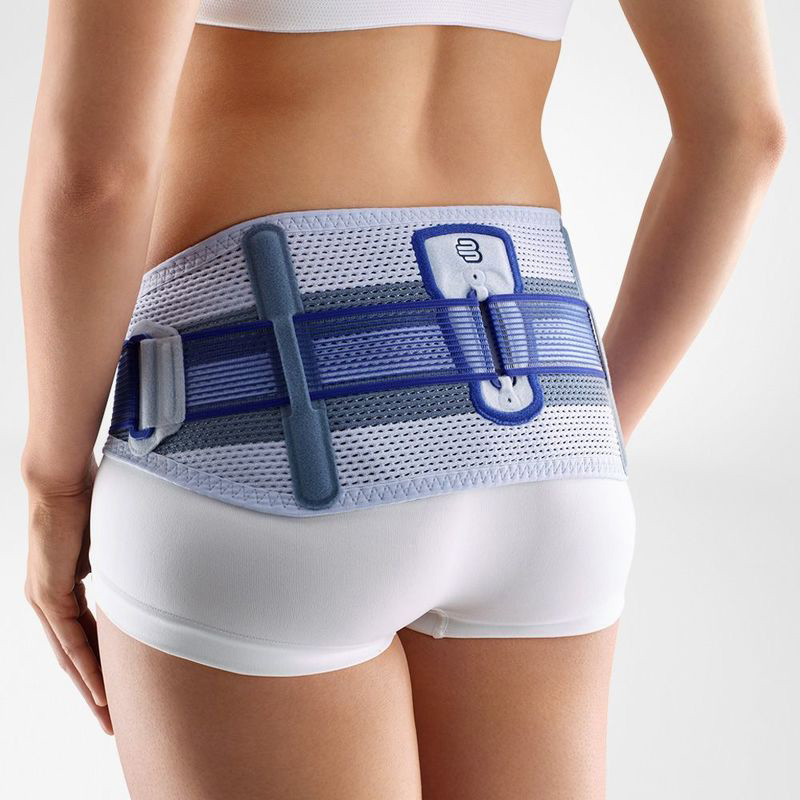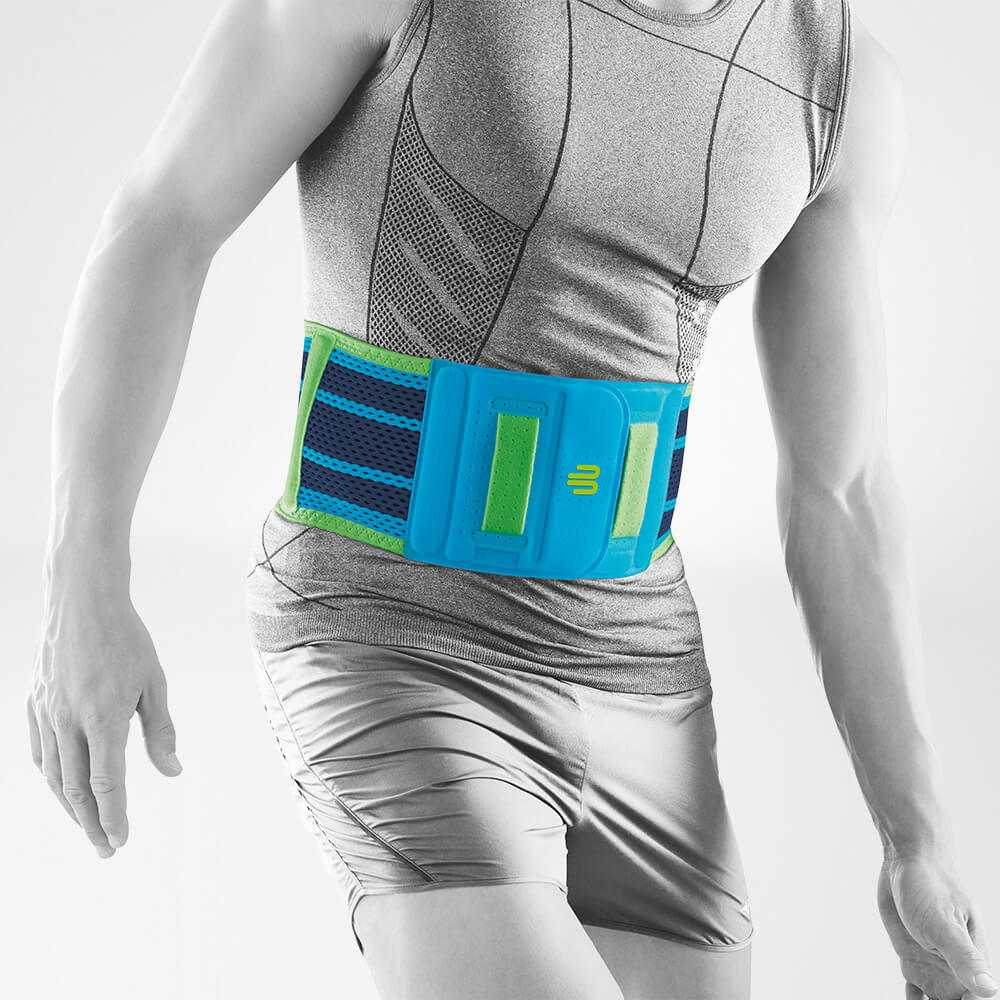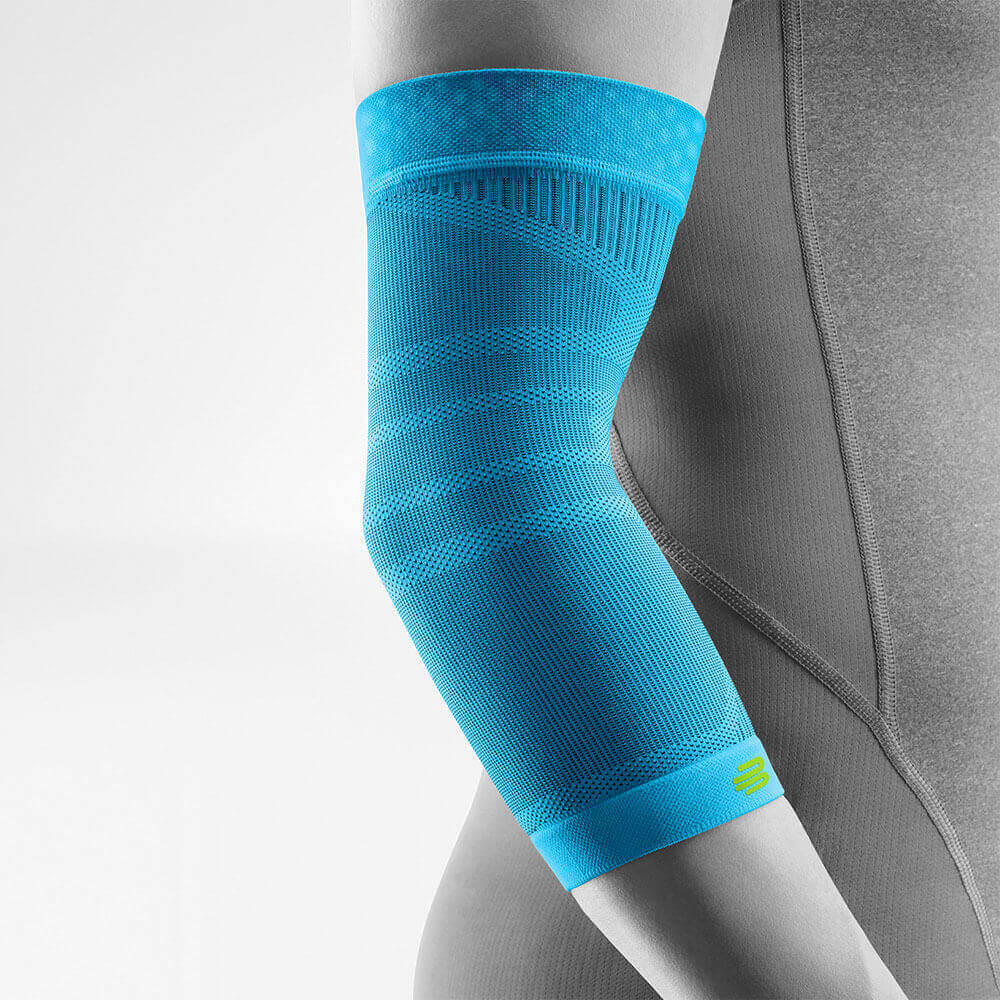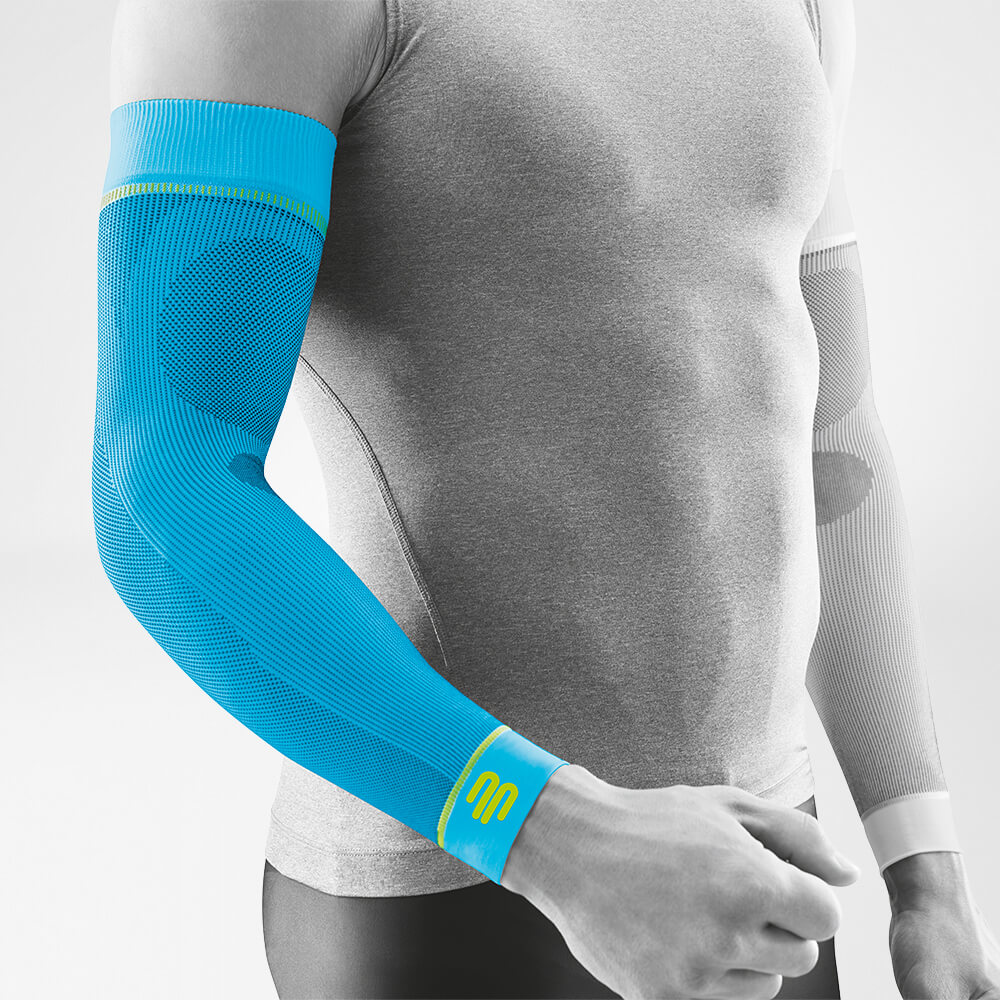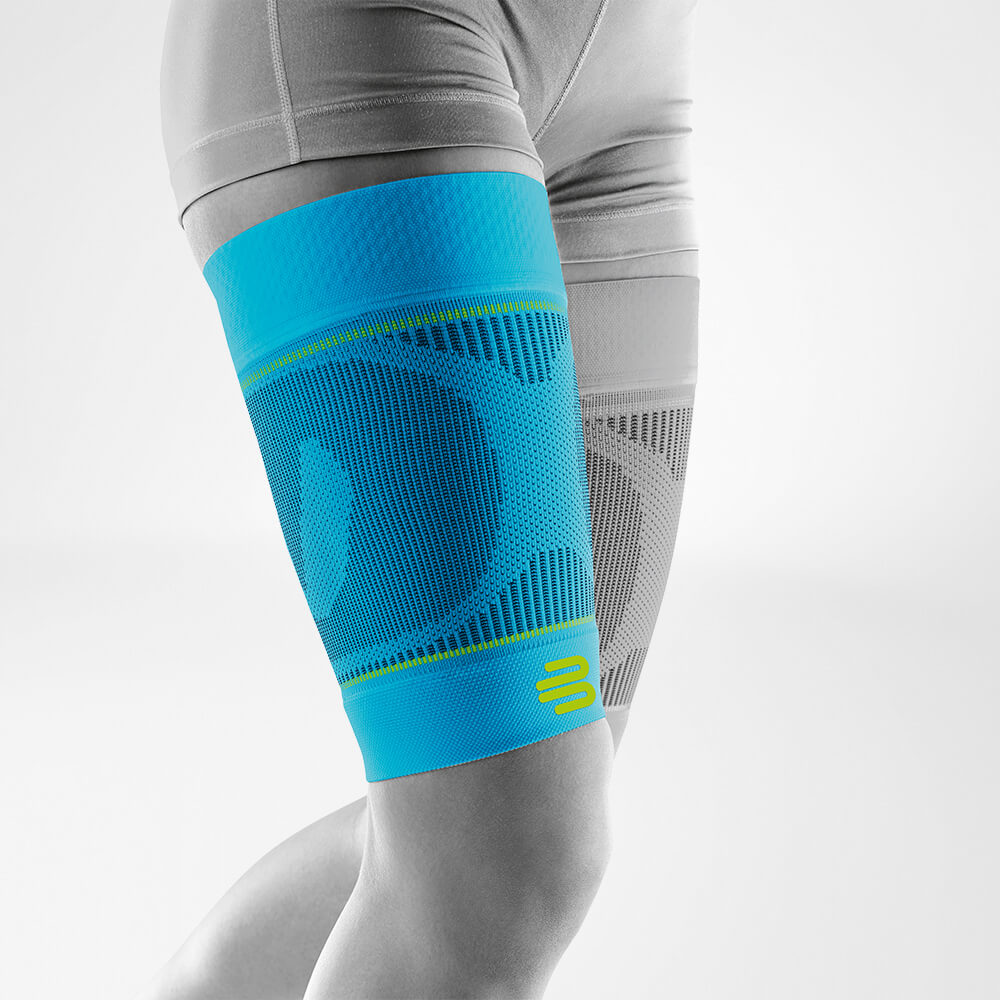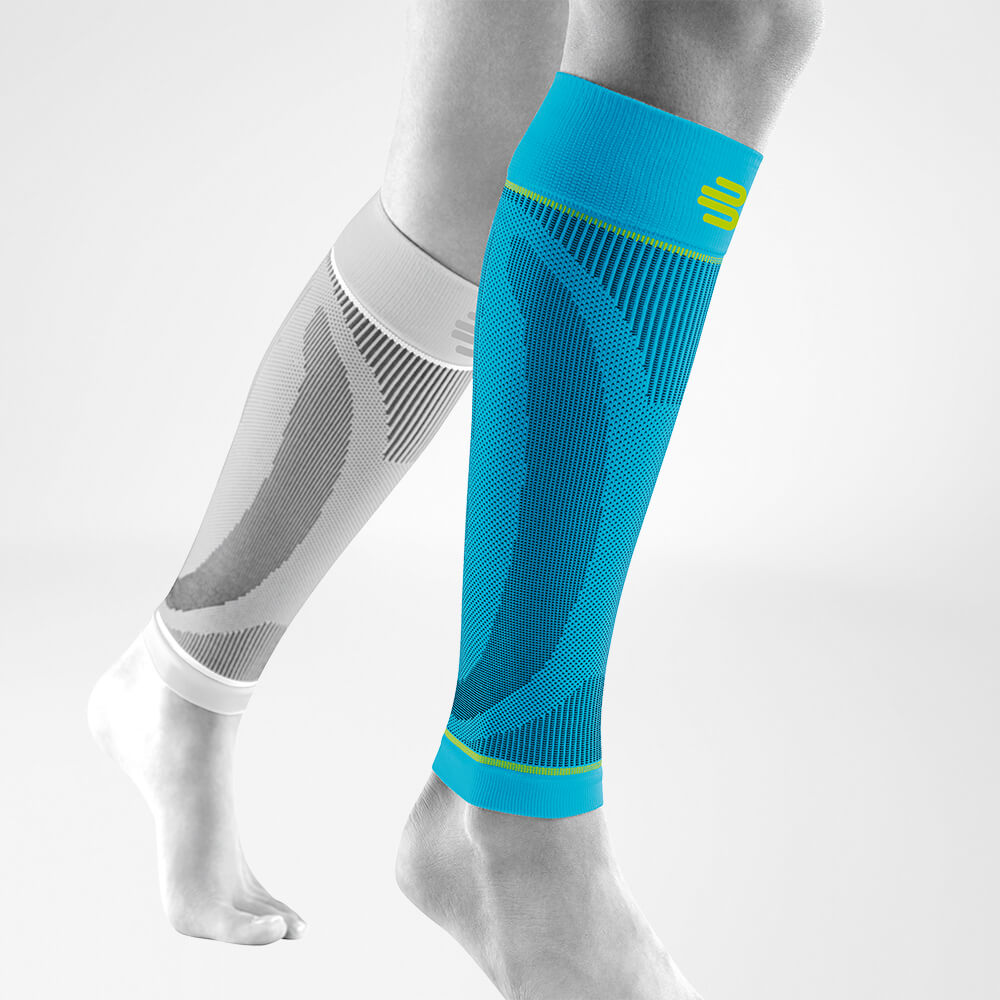Braces and Compression Wear for Winter Sports
Joint stabilization and compression for snowboarding, skiing, hockey and more.
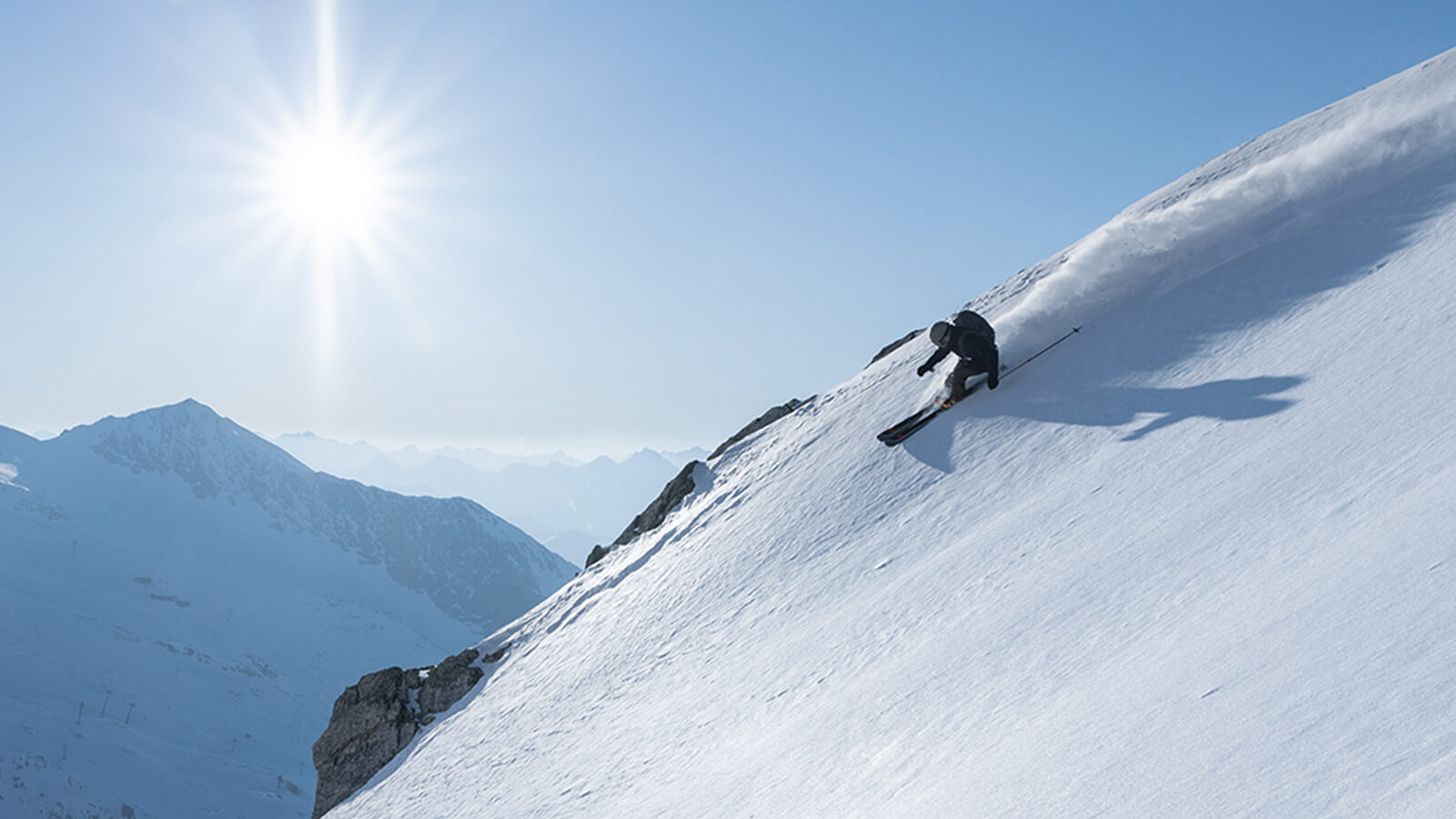
Whether you ski, skate or snowboard, give yourself high-quality joint support via Bauerfeind’s braces and compression products. With medical-grade compression, our products provide stability while promoting circulation to reduce pain and swelling and limit the risk of injury.
Try Bauerfeind products risk-free with our 60-day money-back guarantee. Click here to learn about common winter sports injuries and how to treat or prevent them.
Knee Braces for Winter Sports
GenuTrain S - Hinged Knee Brace
Extra stabilization and relief for the knee during intense activity
GenuTrain A3 - Arthritis Knee Brace
Effectively relieves pain stemming from osteoarthritis
GenuTrain - Knee Brace
All-rounder: Stabilizes and relieves the knee for all-day comfort
Shoulder, Hand & Wrist Braces for Winter Sports
OmoTrain - Shoulder Brace
Stabilizes, guides and centers the arm to maintain proper shoulder movement
RhizoLoc - Thumb Spica Splint
Effectively immobilizes and relieves the thumb while allowing gripping
ManuTrain - Wrist Brace
Stabilizes the wrist and alleviates pain without restricting grip
Ankle Braces & Compression Socks for Winter Sports
Ski Performance Compression Socks
Targeted Compression Zones for targeted compression reduces muscle vibrations
Ski Ultralight Compression Socks
Extra-thin sock with muscle-specific compression for more energy and control
Back Braces for Winter Sports
Compression Sleeves for Winter Sports
Sports Compression Elbow Support
Relieves elbow pain and swelling with a lightweight compression knit
Sports Compression Arm Sleeves
Targeted compression enhances circulation and reduces fatigue
Sports Compression Upper Leg Sleeves
Helps relieve pulled or tight hamstrings as well as sore legs
Sports Compression Lower Leg Sleeves
Muscle-specific compression improves performance and endurance
Nate Miceli is a professional slopestyle skier based in Park City, Utah. With the strain and force put onto his knees while skiing, Nate wears Bauerfeind’s GenuTrain knee brace to help relieve joint discomfort and enhance stability. The GenuTrain stabilizes and relieves the knee without limiting mobility through its medical-grade compression knit and Omega+ pad surrounding the kneecap.
Nate Miceli, Pro Slopestyle Skier
Follow Nate on Instagram
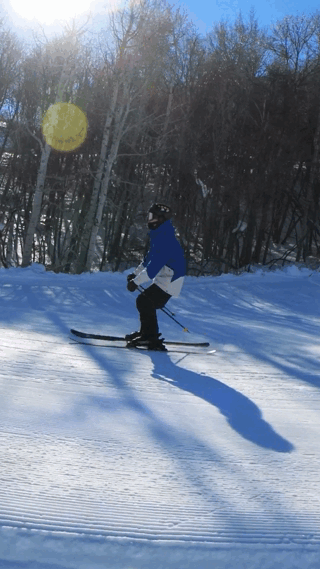
What are the most common injuries in winter sports?
Though there are similarities across winter sports, the types of injuries and their frequency do vary by sport.
Because of the equipment used and fall mechanisms, the most common skiing injuries affect the knees, thumbs (relating to Skier’s Thumb) and head, relative to concussions. Foot and ankle injuries, shoulder sprains or dislocations and wrist fractures can also occur while skiing.
Snowboarders are more likely to experience upper-body injuries than skiers. This includes shoulder sprains or dislocations and wrist fractures. Foot and ankle injuries, such as Snowboarder’s Fracture (talus fracture), knee sprains or ligament tears and concussions are also fairly common.
Bauerfeind braces and supports can help relieve all but concussions by adding stability and medical-grade compression around the area. We also strongly advise you to wear a helmet while participating in any winter sport. Ask your healthcare provider for more information on which Bauerfeind product may be right for you.
How can I prevent/avoid injury during winter sports?
There is no guaranteed method to prevent or avoid injury while skiing, snowboarding, playing hockey or participating in other winter sports, but wearing a brace or support from Bauerfeind can reduce your chances of injury by providing enhanced stability, proprioception and medical-grade compression.
What’s the best treatment for skier’s thumb?
Treatment options for Skier’s Thumb will depend on the severity of your condition. For mild sprains, you may be advised to keep the thumb immobilized to allow the injured ligament to heal. Bauerfeind’s RhizoLoc thumb splint allows you to manage the stabilization of the thumb and gradually loosen the restriction as you progress in your recovery. As always, consult your healthcare provider to create and manage your recovery plan.
What’s the best way to wear a Bauerfeind brace?
Bauerfeind braces, supports and compression gear are best worn directly on the skin to deliver proper medical-grade compression and increase proprioception. They are low-profile, lightweight and breathable and can be worn under winter sports equipment.
What if I’m between sizes? Which should I purchase?
If between sizes, we’d recommend sizing up for sports supports, such as the Sports Knee Support, and sizing down for medical braces, such as the GenuTrain. If further assistance is needed, please contact our team of expert product specialists at (800) 423-3405 on Monday-Thursday from 9am-6pm EST and Friday from 9am-5pm EST.
How often should you wash a Bauerfeind brace?
Bauerfeind’s knit products must be washed regularly to maintain the strength of the knit and prevent stretching. How often to wash your brace or support depends on the frequency of use, but we recommend washing every 3-10 wears. Remember to read your product’s care guide on washing, as fabric softener and Woolite can damage the product.
This information is provided for general information purposes and should not be relied on as a substitute for medical advice, evaluation or care from a qualified and licensed health care provider. The information contained here is not to be considered a plan of care of physical therapy.


